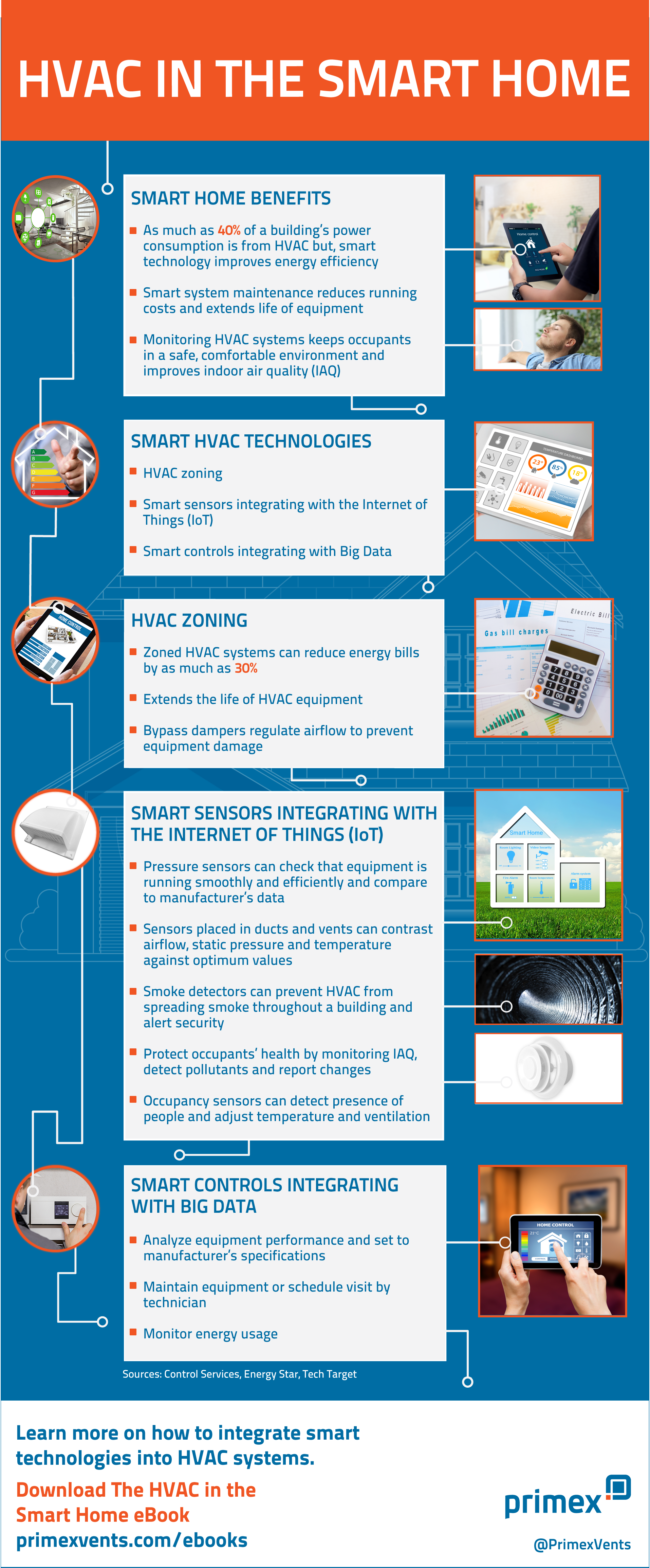Exploring The Environmental Benefits Of Warm Pumps - A Sustainable Home Heating Option
Exploring The Environmental Benefits Of Warm Pumps - A Sustainable Home Heating Option
Blog Article
Post By-Moser Strand
In an age where sustainability and power effectiveness are paramount, several businesses seek environment-friendly heating solutions. One such remedy is the heatpump.
A heat pump draws out the heat in its environments and pumps it into your home, leading to among one of the most reliable eco-friendly central heating systems around. This procedure also generates absolutely no greenhouse gas exhausts, making it a very lasting technology.
Energy Performance
Heat pumps are extremely energy effective and need little maintenance. They make use of less power than various other heating systems and are without a doubt one of the most eco-friendly. They function well with roof solar and can often spend for themselves in utility savings alone.
They can also provide cooling, which is terrific for garage workshops, attic room hangouts and reward areas, and home additions without extending the existing ductwork. They can also be utilized for retrofits in existing homes with hydronic (water-based) distribution systems such as reduced temperature radiators or glowing floorings.
Seek models with SEER and HSPF ratings that satisfy or exceed copyright's minimum criteria, as well as the requirements in your area. Higher scores indicate higher effectiveness, which saves you cash in the long run and reduces your carbon footprint. heatpump servicing may even get refunds and incentives! The most effective devices are those with a ground warmth exchanger for added effectiveness. These units can take in thermal energy from the ground throughout the winter months and essence it in the summer season.
Minimized Greenhouse Gas Emissions
Heatpump work on power and essentially move warmth from the air, even when it's cold outside. They are able to remove the cost-free heat caught in air fragments and move them indoors, decreasing moisture while doing so.
Compared to gas furnaces, contemporary heat pumps use less than one kilowatt of power per kilowatt of home heating power they generate. This makes them one of the most power efficient heating option available with a POLICE (Coefficient of Performance) of four or even more. By slashing the need for fossil fuels, heat pumps help reduce greenhouse gas exhausts and reduce other major air contaminants.
Building decarbonization is a global imperative, and the heating and cooling industry is a crucial motorist of that procedure. Whether it's real estate investors making web absolutely no dedications, policy manufacturers setting emissions limits, or tenants requiring greener rooms, electrical heatpump are being identified as an essential option. simply click the following website page are an affordable way to decrease carbon emissions by getting rid of the need for fossil fuels in structures.
Convenience
Heatpump can be used in many sorts of homes and buildings-- with or without ducts. They collaborate with hot-water radiators, air-conditioning and programmable thermostats. They can replace heating systems or be set up in brand-new residences. They can operate on solar panels, geothermal systems and even area home heating sources like wastewater.
They're fantastic at delivering more warmth per power unit. As an example, an air-source heat pump produces as much as 3 or even more heating devices from each power device it takes in.
Obtaining one of the most from your heat pump will certainly rely on your environment area and high quality of insulation. Look for designs with power celebrity scores and contrast their SEER or HSPF specifications. In warmer environments, focus on SEER; in cooler areas, think about a system with a higher HSPF score. Furthermore, invest in air securing and insulation to minimize the lots on your heat pump. That will certainly enhance energy effectiveness and aid you reach your Net No goals much faster.
Biomass Boilers
Biomass central heating boilers use wood pellets, chips or logs to produce warm and hot water. They are an excellent selection for off-grid homes or those that want to get off the gas grid.
As a standalone heating system, biomass can provide enough energy to keep your home cozy all year round without the normal heat drop off of various other eco-friendly technologies. They can also be used along with solar panels to increase savings and gain from RHI repayments.
A downside of these systems is the ahead of time cost and regular gas shipments. Commonly, pellets will require to be blown right into a gas shop utilizing a vacuum cleaner system or they can be by hand fed right into the central heating boiler with a hopper. Logs are commonly self-sourced from nearby woodland or bought in bulk. Along with this, they require manual loading and might require cleaning regularly.